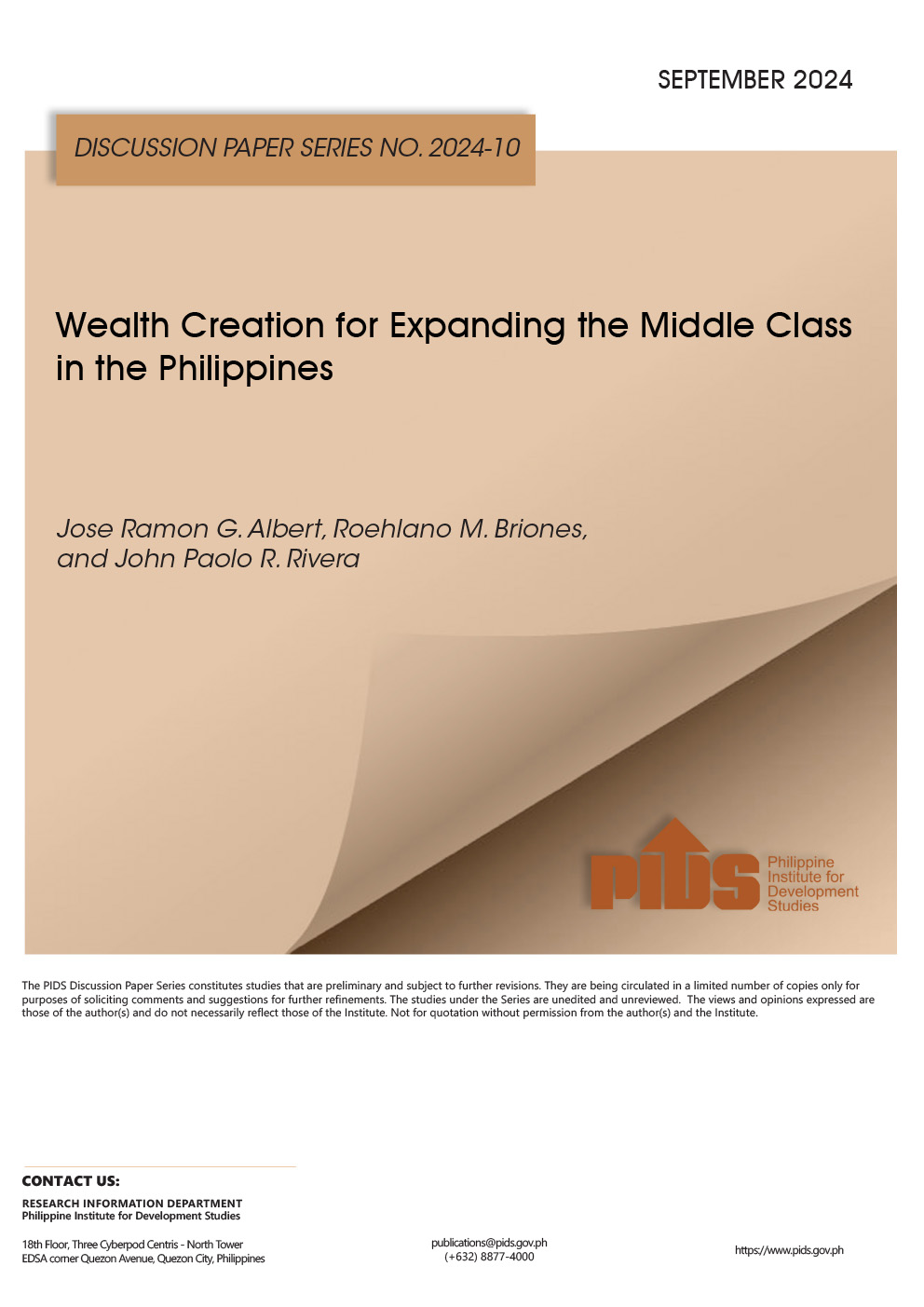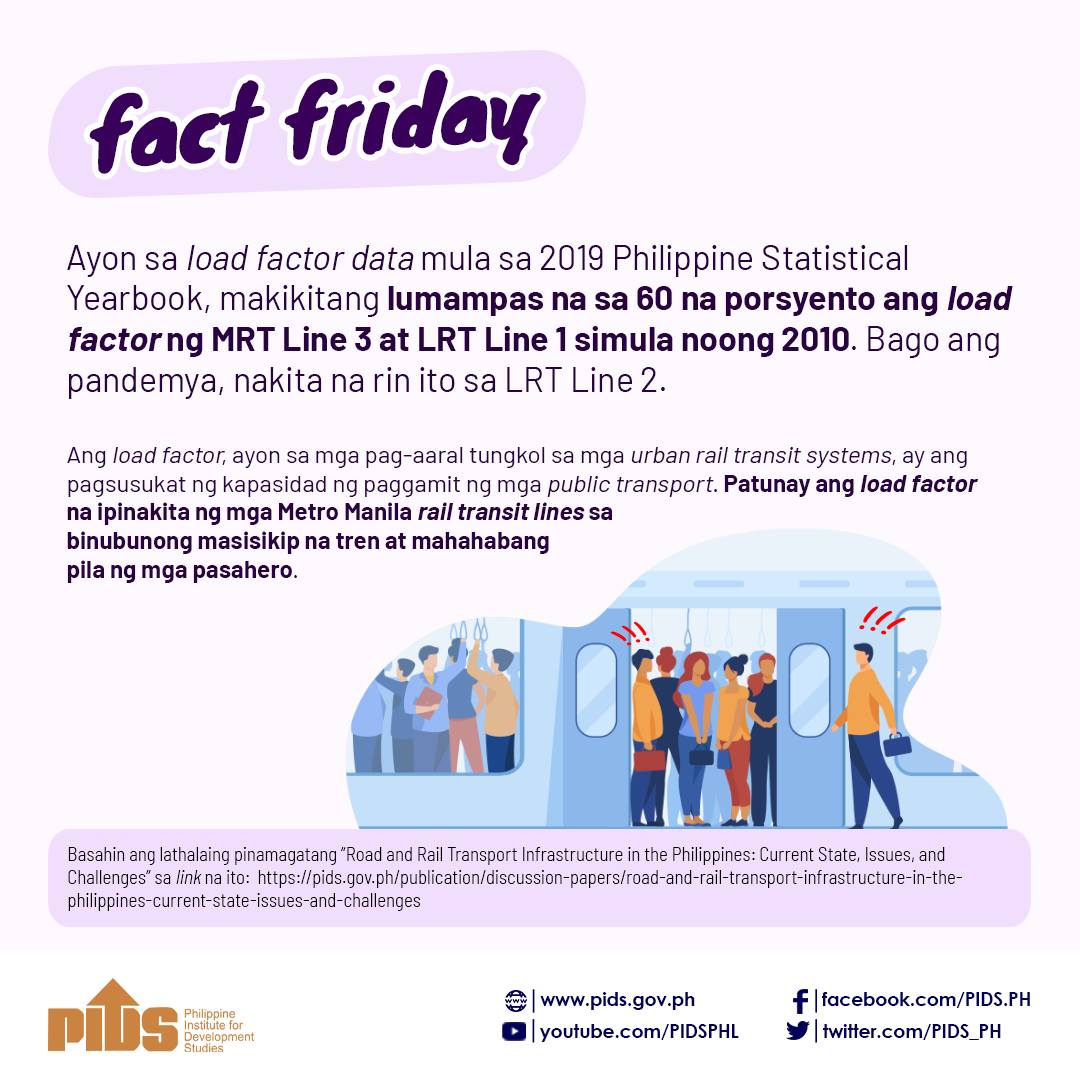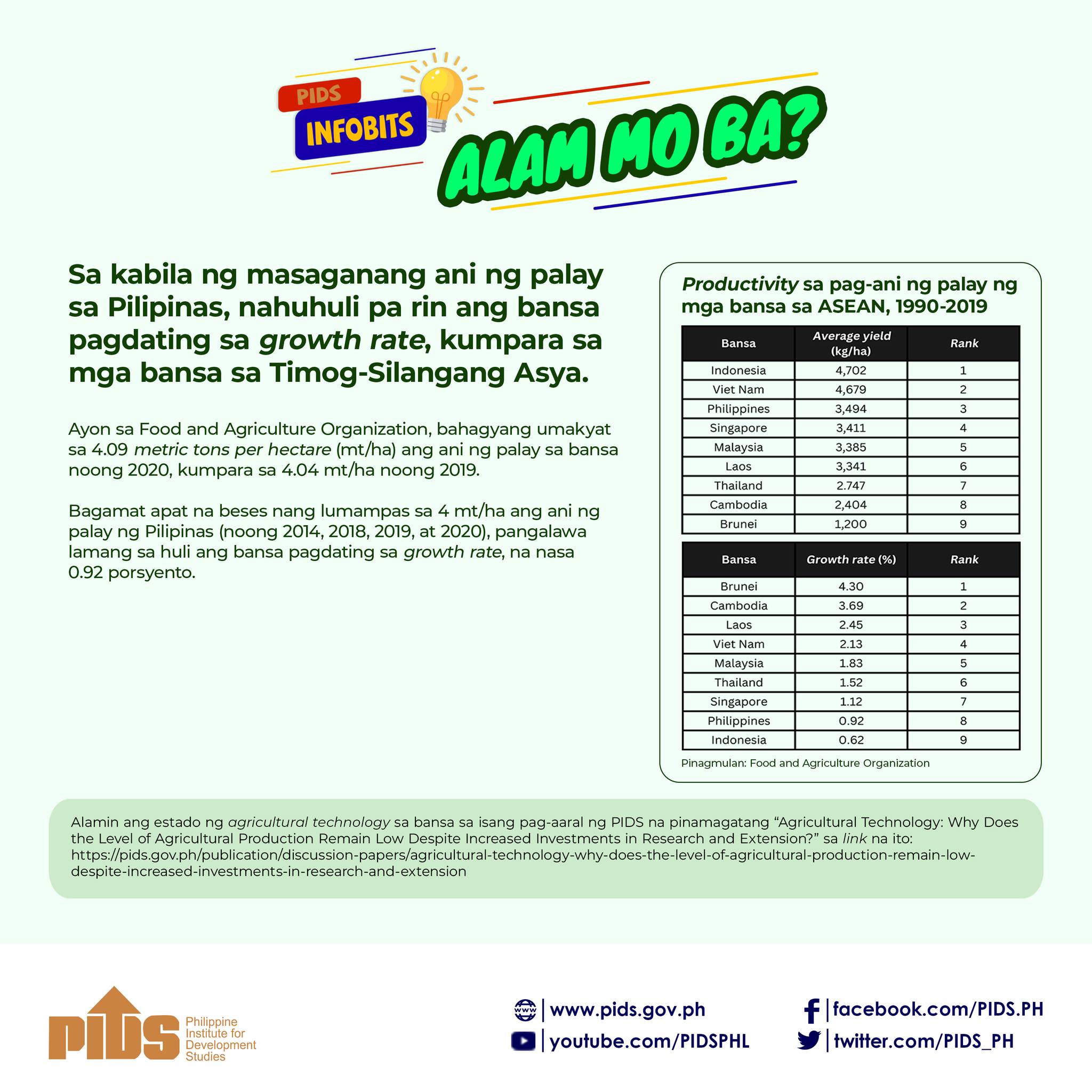THE newly created industry road map, if followed to the letter, will greatly increase the contribution of the manufacturing sector in the economy, particularly in terms of valued added and employment generation.
This is according to a study, titled "The Philippine Manufacturing Industry Road Map: Agenda for New Industrial Policy, High Productivity Jobs and Inclusive Growth,” authored by Philippine Institute for Development Studies (PIDS) senior research fellow Rafaelita Aldaba.
"The long-term vision of the road map is to develop a globally competitive manufacturing industry supported by strong backward and forward linkages with both domestic and global supply chains,” Aldaba said. "Through the implementation of the road map, manufacturing contribution to the economy would account for 30 percent of total value added and generate 15 percent of total employment.”
The study stated that while the Philippines has remained competitive in some products and has become the champion in certain emerging products, the government needs to do more to maintain and regain competitiveness in some products.
Aldaba said the country is still competitive in copper ores, unmanufactured tobacco, vegetable textile fibers, knitted clothing, machinery products like electric distribution equipment, radio broadcast receiver, transistors and valves; and chemical products like phenol and alcohol.
She added that since the 2000s, the country has become an emerging-product champion in milk and cream; manufactured tobacco, parts of electric power machinery, parts of machinery apparatus, and parts for tractors and motor vehicles; glass and chemical products like metal salts and inorganic acid.
Aldaba also said there are some products where the country’s competitiveness has remained low but has showed improvement in the last three to four years.
These products include pulp and paper, cereal preparations, edible products, ship, boat, motorcycles, aircraft associated equipment, medical instruments, arms and ammunitions, as well as chemical products like soap and cleaners.
However, Aldaba said, the country needs to revive its competitiveness in products like veneers, plywood, sugars, molasses, cocoa, natural rubber, fish, animal and vegetable oils, pottery furniture, cushions, clothing accessories and fabric.
In order to do these, the Philippines needs to employ "horizontal measures” that covers human resource development, small and medium enterprises development, technology upgrading and innovation, investment promotion and a competitive exchange-rate policy.
Aldaba said these measures will also address issues such as high power and logistics cost, smuggling and infrastructure weaknesses, which the country has struggled with for many years.
Further, Aldaba said "vertical measures” are also needed to boost the manufacturing industry. These will address gaps in industry supply chains and expand the domestic market base as springboard for exports.
"A coordination mechanism will be designed to allow more interaction between government agencies and industries in identifying obstacles and determining the most appropriate interventions,” Aldaba said.
Further, the road map provides that the government must work under a strict time line. In the short run, from this year until 2017, the government must exert efforts that seek to maintain the country’s competitiveness in particular products.
Aldaba added that during this time, the government should also strengthen emerging products and rebuild existing capacity of industries.
In the medium term, between 2017 and 2021, there must be a shift to high value-added activities; investments in upstream or core sectors; and link and integrate industries within the economy.
Aldaba said in the long term or between 2021 and 2025, the government must strive to position the manufacturing industry as a globally competitive one with strong forward and backward linkages.
What is important in implementing the road map, Aldaba stressed, is the active participation of the private sector with the government playing its role as facilitator.
By acting as facilitator, Aldaba said the government will encourage private-sector players to take risks and the government will also correct market and government failures, as well as address change in policies and institutions.
Aldaba said the government can promote the success of domestic firms in both the local and international markets that will lead to economic transformation.
"Transforming and upgrading the manufacturing industry is the best way to achieve inclusive growth, create quality jobs, increase income and reduce poverty. The long-term vision of the Manufacturing Industry Roadmap is to develop a globally competitive manufacturing industry supported by strong backward and forward linkages within the economy,” the study stated.












